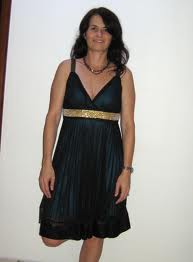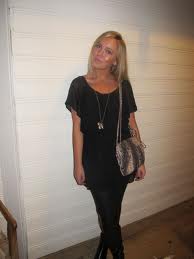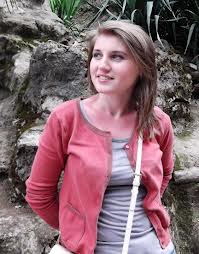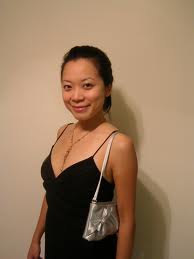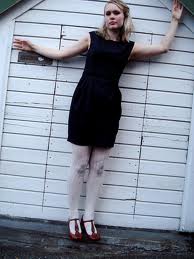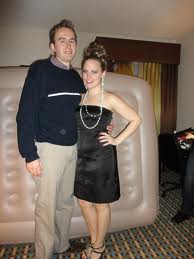Candida Mandarino – Paris
Paris (English /ˈpærɪs/, Listeni/ˈpɛrɪs/; French: [paʁi] ( listen)) is the capital and largest city of France. It is situated on the river Seine, in northern France, at the heart of the Île-de-France region. The city of Paris, within its administrative limits (the 20 arrondissements), has a population of about 2,230,000. Its metropolitan area is one of the largest population centres in Europe, with more than 12 million inhabitants.
An important settlement for more than two millennia, Paris had become, by the 12th century, one of Europe’s foremost centres of learning and the arts and the largest city in the Western world until the turn of the 18th century. Paris is today one of the world’s leading business and cultural centres and its influences in politics, education, entertainment, media, science, and the arts all contribute to its status as one of the world’s major global cities.
Paris and the Paris region, with €572.4 billion in 2010, produce more than a quarter of the gross domestic product of France and has one of the largest city GDPs in the world. Considered as green and highly liveable, the city and its region are the world’s leading tourism destination. They house four UNESCO World Heritage Sites and many international organizations.
The name Paris derives from that of its earliest inhabitants, the Gaulish tribe known as the Parisii. The city was called Lutetia (more fully, Lutetia Parisiorum, “Lutetia of the Parisii”), during the Roman era of the 1st to the 4th century, but during the reign of Julian the Apostate (360–363), the city was renamed Paris.
It is believed that the name of the Parisii tribe comes from the Celtic Gallic word parisio meaning “the working people” or “the craftsmen.”
Paris has many nicknames, but its most famous is “La Ville-Lumière” (“The City of Light”), a name it owes first to its fame as a centre of education and ideas during the Age of Enlightenment, and later to its early adoption of street lighting. Since the mid-19th century, Paris has been known as Paname ([panam]) in the Parisian slang called argot (Ltspkr.png Moi j’suis d’Paname, i.e. “I’m from Paname”). The singer Renaud repopularized the term among the young generation with his 1976 album Amoureux de Paname (“In love with Paname”).
Paris’ inhabitants are known in English as “Parisians” and in French as Parisiens ([paʁizjɛ̃] ( listen)) and Parisiennes. Parisians are often pejoratively called Parigots ([paʁiɡo] ( listen)) and Parigotes, a term first used in 1900 by those living outside the Paris region.
Candida Mandarino
Related articles
- Paris Holidays (ebookers.com)
- Paris Saint Germain Signs Roman Abramovich As New Club Owner (mablizzyofficial.com)
- Je ne parle pas francais – Paris, France (travelpod.com)
- Top 10 – Things To Do In Paris The Second Time Around (essentialtravel.co.uk)
- Top 10 – Things To Do In Paris For Under €10 | EssentialTravel.co.uk (essentialtravel.co.uk)
- La bandera – Duvivier (spacefiction.wordpress.com)
- User:Delapost Paris/Delapost Paris (en.wikipedia.org)
- Marks & Spencer to expand in France as Parisiens snap up British food (telegraph.co.uk)
- Paris Producing Fat Fashion Models? (prweb.com)
- { home } : parisian living (joodyjoods.com)


